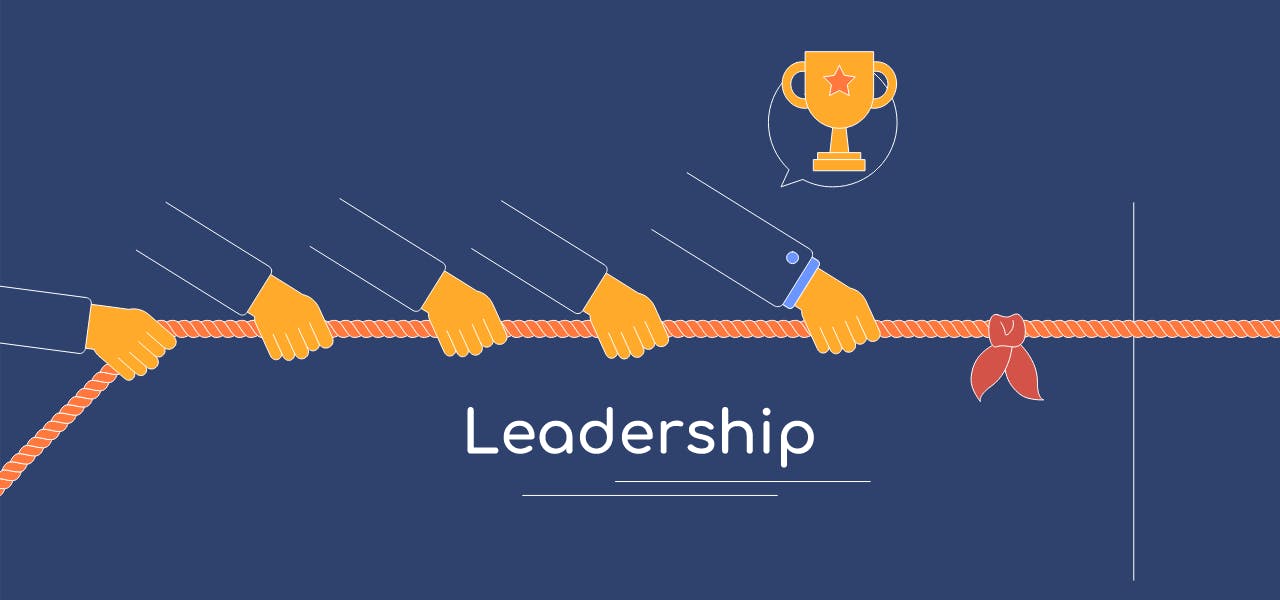Unless you work in an entirely solitary job, you need to understand the nuances of interpersonal skills. As they say, “teamwork makes the dream work,” and when you can work well with others, everyone’s job runs more smoothly and is easier. In fact, the importance of teamwork and leadership is so integral that research studies have been done throughout many industries to determine exactly what characteristics make the best leaders and team members.
When you’re in a team, particularly when you’re in charge of that team, the overall leadership almost always determines the success. However, being appointed “leader” doesn’t mean you automatically are instilled with the magical qualities you’ll need to be a strong one. Some people have these characteristics innately, while others have to work at them. Either way, they can be cultivated if you have good training and mentors to follow, and you know how to be flexible. Your own unique style can be honed and tweaked to adjust for any team, as long as you know a few inherent traits.
Why Leadership Matters
Leadership is an important part of getting others to do the right thing, but there is a distinct difference between “leading” your team and dictating to them. When you have the right mix of power and attraction, others will automatically follow you, even without you requesting them to. Power and attraction can also fall in the wrong direction, bringing people to you who want what you offer but don’t respect you for having it. Forcing “respect” makes you have to watch your back often, as those who are part of your team will look for ways to thwart your leadership position and expectations.
In a research team, this is dangerous, since everyone must work together in order for the entire project to come to a neutral and natural outcome. How you exert your power and attraction in terms of your confidence, competence, agreeableness, and approachability matter significantly. When you’re seen as arrogant rather than confident, or you use your own knowledge and skills to make others feel inferior, you’ve hit the wrong end of leadership.
It’s easy to get in a position of power and begin to view others as less than you. This is a slippery slope when you’re a leader. Your team can empower you, or you can bring them down. Your consistent behavior makes your reputation. If you’re occasionally arrogant or abrasive, but for the most part you’re calm, encouraging, and agreeable, people are more likely to shrug off the random power play. On the other hand, if you’re typically dictatorial, an occasional show of caring won’t have a lot of impact on your overall reputation.
You can take certain skills, hone them to become a regular, solid part of your character, and ensure that your leadership tends to the empowering side.
Skills to Develop as a Leader
There are a lot of skills you’ll pick up along the way as you strive to become the best leader you can be, but they all start with three basic characteristics that embody the foundation that the rest will be built off of. These three traits are the most important aspects of any strong leader:
● Authenticity. You know when you’re dealing with someone that you can clearly tell is fake? Well, you’re not the only one with that skill. People can sense when someone is truly authentic. Whether it’s about caring for the subject they’re on, being passionate about a topic or a feeling, or being empathetic in general, you need to be authentic in all your interactions.
● Open-minded. Sometimes, you’ll hear things you don’t want to hear or be asked to make a decision in a controversy. Your ability to remain fair and impartial when you respond is essential in a good leader. Yes, you might have a great idea, but if your team feels like they can be open and honest with you, they may approach you with suggestions on how to make it better or concerns you might not have thought about. They’ll come to you with small issues between other team members so that you can help navigate a resolution before the minor problems become major ones that impact the project. If you’re always close-minded and closed off, though, you’ll find yourself putting out big fires that could have been dealt with much earlier before they became costly, time-consuming issues.
● Adaptable. Each situation will always require a unique approach to it. If you’re always calm and unflappable, that’s a good start. However, some people will attempt to take advantage of people who are kind-hearted and soft-spoken. You’ll need to adapt your approach to continue to remain kind and fair, but switch from autocratic to democratic to collaborative or other styles as the situation dictates. However, no matter the style you use, the foundational characteristics of authenticity and open-minded will remain at the core of your interactions.
A good, strong leader is capable of evoking change on incredible levels. Learning how to hone the skills you already have and bring these other qualities into part of your base thought process will turn you into one of those top leaders that creates long-lasting, impactful outcomes.
